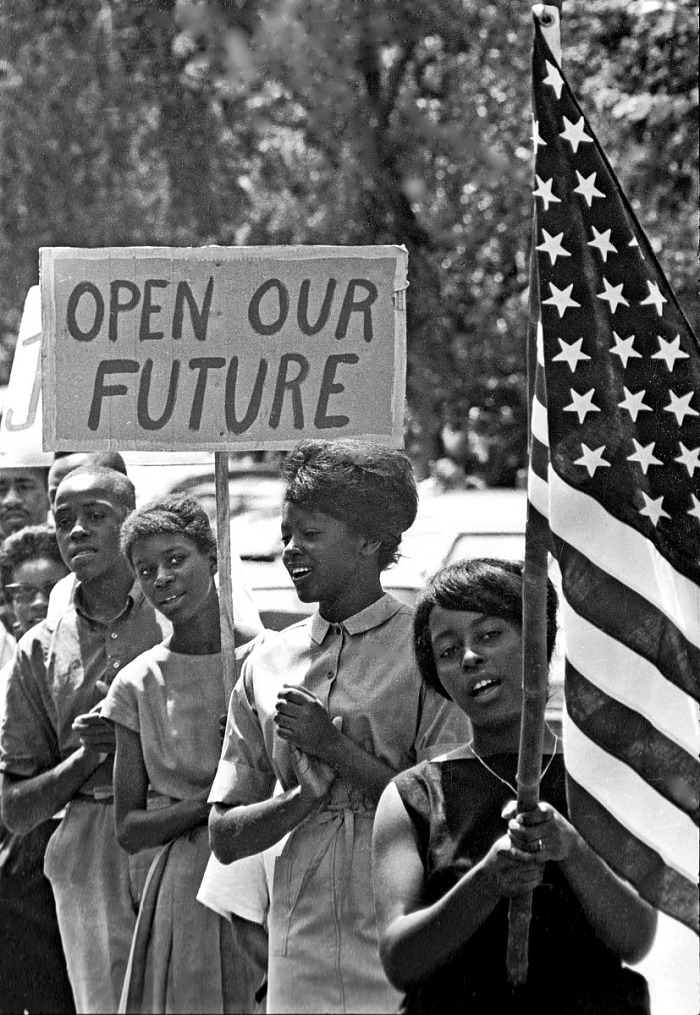Every year, on the Fourth of July, the skies of the United States light up with fireworks. Families gather around barbecues, cities host parades, and patriotic anthems echo through neighborhoods. Independence Day is widely celebrated as a moment of national pride — the birth of the United States of America, free from British rule. But for many African Americans, the day brings not only pride, but also painful reflection.
🔍 A Freedom Not Meant for All
On July 4th, 1776, when the Declaration of Independence was signed, declaring that “all men are created equal,” nearly 500,000 Black people were enslaved across the American colonies. The freedom celebrated on that historic day did not apply to them. Independence was claimed for a white nation built, in large part, on the backs of African laborers who were denied basic human rights.
As Frederick Douglass famously asked in his 1852 speech: “What, to the American slave, is your Fourth of July?” His answer was searing: it was a day that revealed the “gross injustice and cruelty to which he is the constant victim.” That speech continues to resonate, not just as a historical document, but as a living reminder of America’s contradictions.
🎭 A Day of Mixed Emotions
For many African Americans today, the Fourth of July is experienced with duality. It is possible to love the ideals of America — liberty, equality, justice — while recognizing that those ideals have not been equitably extended to all citizens. The Fourth of July, then, becomes not just a celebration, but a moment to interrogate history, demand inclusion, and imagine a better future.
Some choose not to celebrate it at all. Others attend family gatherings but use the time to educate, reflect, and resist. For Black veterans and military families, there is a particularly sharp tension: having served and sacrificed for a country that has not always honored their full humanity.
✊🏾 Claiming Space, Reclaiming Stories
Despite this fraught history, Black Americans have found ways to infuse the day with meaning. Some communities host alternative celebrations, highlighting Black contributions to U.S. history and honoring the ongoing fight for civil rights. Events may include readings of Douglass’ speech, panels on the Black freedom struggle, or local Black-owned markets and concerts.
In recent years, Juneteenth — which marks the end of slavery in 1865 — has gained national recognition, offering another narrative of freedom, one that centers Black liberation and resilience. For many, Juneteenth is the true Independence Day.
🗽 Toward a Fuller Freedom
If America is to live up to its founding promises, the Fourth of July must be a day of honesty. That means acknowledging the lives and labor of enslaved Africans who made the nation’s wealth possible. It means honoring those who resisted oppression — from Harriet Tubman to the Black Lives Matter movement. And it means holding leaders accountable to ensure that freedom is not just a slogan, but a shared, lived experience.
📣 A Call to Reflect and Act
This Fourth of July, let the fireworks also light up the shadows of history. Let celebration be accompanied by critical reflection. And let patriotism include the courage to demand change.
Because until all people are free, none of us truly are.
🔗 We invite you to reflect, share your thoughts, or contribute a piece to Voix Plurielles as we continue to center voices that challenge, inspire, and illuminate.

